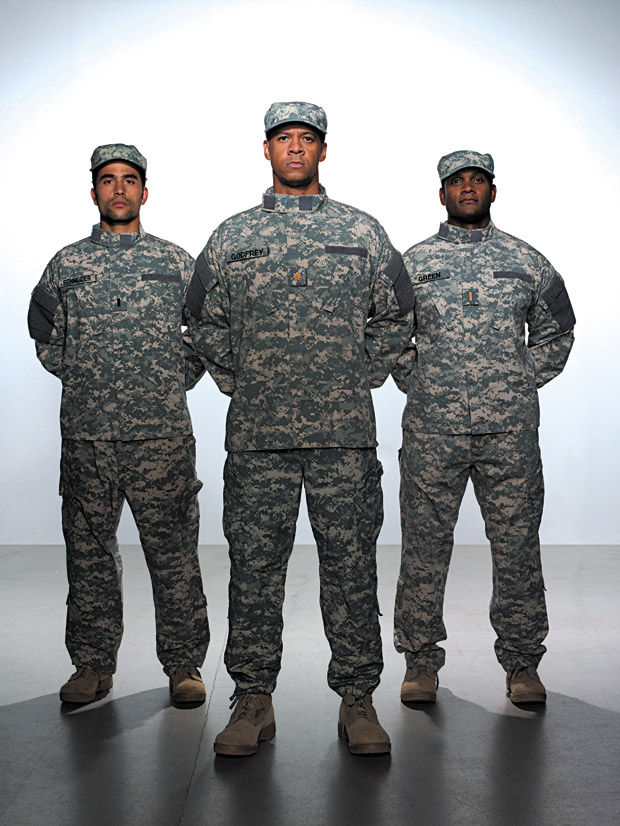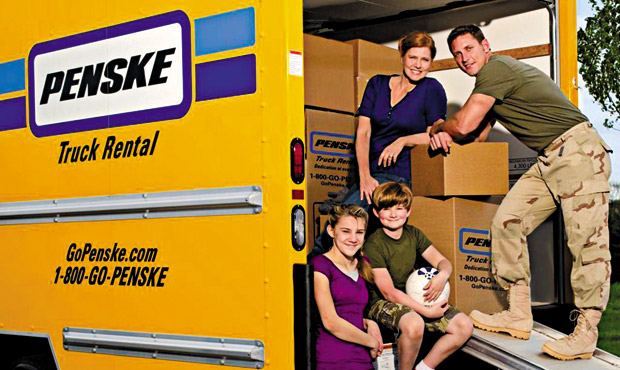Changing residences can be an emotional and logistical challenge for any family.
For military families, that challenge can be recreated many times over. Due to the nature of the work, the average U.S. military family relocates every two to three years — 10 times more than civilian families. That can mean a complete change of surroundings in addition to new schools, teachers, friends, neighborhoods, jobs, places of worship, schedules and activities.
When faced with those kinds of challenges, strong military families often become very good at planning, gathering together their support systems and fully optimizing their available resources.
If your military family is anticipating a relocation, the moving experts at Penske offer these tips for ensuring the process goes smoothly.
Rely on key resources
Since you may not know when or where they’ll be deployed, it’s wise to keep a folder listing all the resources you need to plan a move, including your go-to moving company. For example, Penske Truck Rental maintains a dedicated call center for U.S. military moves and offers a standard 10 percent discount on moving truck rentals.
Check in with your relocation assistance
Fully utilize the services offered through your assigned Military and Family Support Center. Once informed of the details of your move, personnel there can connect you with valuable resources, help you create a schedule and contact your new support center, which should then connect you with a local sponsor.
Get to know your sponsor
The military does it best, assigning you a sponsor who’s already working at your new location and with whom you have something in common. Optimize that contact to ask key questions, allay concerns and generally familiarize yourself with your new surroundings.
Do the math on truck weights
When it comes to loading your moving vehicles, your goal should be to maximize your military travel allowance while avoiding any overweight charges you may have to pay out of pocket.
That means getting a close estimate of the weight of your belongings. In general, you can plan on about 1,000 pounds per room; don’t count bathrooms, but do add in the estimated poundage of large appliances and of miscellaneous goods stored in your garage and storage areas. Military regulations require weight certification of moving vehicles both before and after loading; see Penske’s Certified Public Scale locator to locate weigh stations.
Inventory your belongings
When packing boxes, mark each one with the name of your family, your destination, a general description of contents and the room the box should go in.
To prevent any discrepancies between what you packed and what actually arrives, you should also list everything as it’s placed into the vehicles, taking photographs of high-value items.
While moving can be a fact of life for military families, good planning and solid support can smooth the way. Don’t hesitate to optimize every resource at your disposal when making your next move.
This article is courtesy of Brandpoint.



